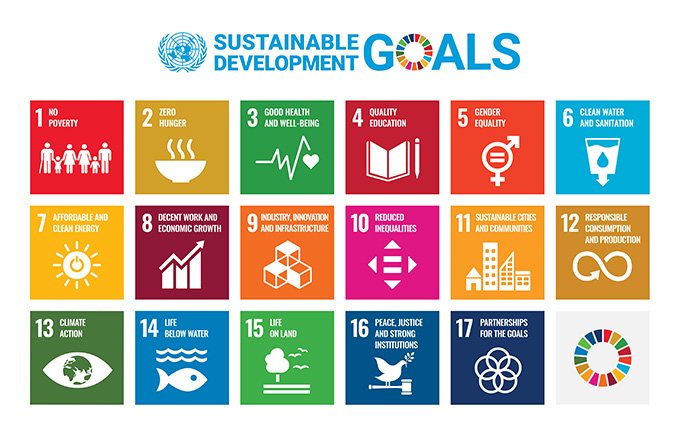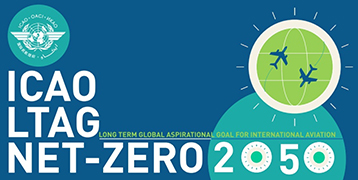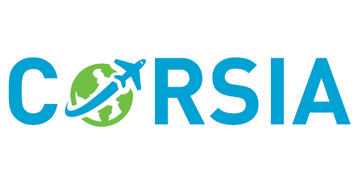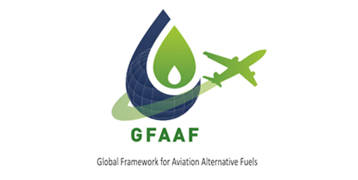Toward sustainable aviation: An integrated assessment of SAF feasibility and readiness in Philippine airlines
Green Technologies and Sustainability
• Volume 4
(2026)
FEATURED BOOK
As the global aviation industry intensifies efforts to reduce carbon emissions, Sustainable Aviation Fuel (SAF) has emerged as a key enabler of net-zero targets. However, developing countries such as the Philippines face significant economic, organizational, and policy challenges in adopting SAF. This study evaluates the feasibility and readiness of SAF adoption by Philippine airlines using an integrated multi-framework approach. Specifically, the study combines Life Cycle Cost Analysis (LCCA), the Technology-Organization-Environment (TOE) framework, and the Triple Bottom Line (TBL) model to deliver a comprehensive assessment of economic viability, market readiness, and sustainability impacts. LCCA results reveal that SAF is currently
2.5 times more expensive than conventional Jet-A fuel, largely due to high procurement costs and supply limitations. TOE analysis confirms high technological readiness but highlights significant organizational and regulatory barriers, including limited internal capacity, unclear policy direction, and weak financial incentives. The TBL analysis underscores SAF’s substantial environmental value and moderate long-term social potential, but economic benefits remain underdeveloped. Stakeholders emphasized that government support, through blending mandates, fiscal incentives, and public–private partnerships, is critical to enabling large-scale SAF deployment. To our knowledge, this is among the first comprehensive assessments of SAF adoption in the Philippine context and provides empirical insights that may inform airline strategies, policymaking, and future research. The findings highlight the importance of coordinated action in bridging cost gaps, building capacity, and fostering public engagement, which could help advance the sustainability potential of SAF.
2.5 times more expensive than conventional Jet-A fuel, largely due to high procurement costs and supply limitations. TOE analysis confirms high technological readiness but highlights significant organizational and regulatory barriers, including limited internal capacity, unclear policy direction, and weak financial incentives. The TBL analysis underscores SAF’s substantial environmental value and moderate long-term social potential, but economic benefits remain underdeveloped. Stakeholders emphasized that government support, through blending mandates, fiscal incentives, and public–private partnerships, is critical to enabling large-scale SAF deployment. To our knowledge, this is among the first comprehensive assessments of SAF adoption in the Philippine context and provides empirical insights that may inform airline strategies, policymaking, and future research. The findings highlight the importance of coordinated action in bridging cost gaps, building capacity, and fostering public engagement, which could help advance the sustainability potential of SAF.



 Back
Back



